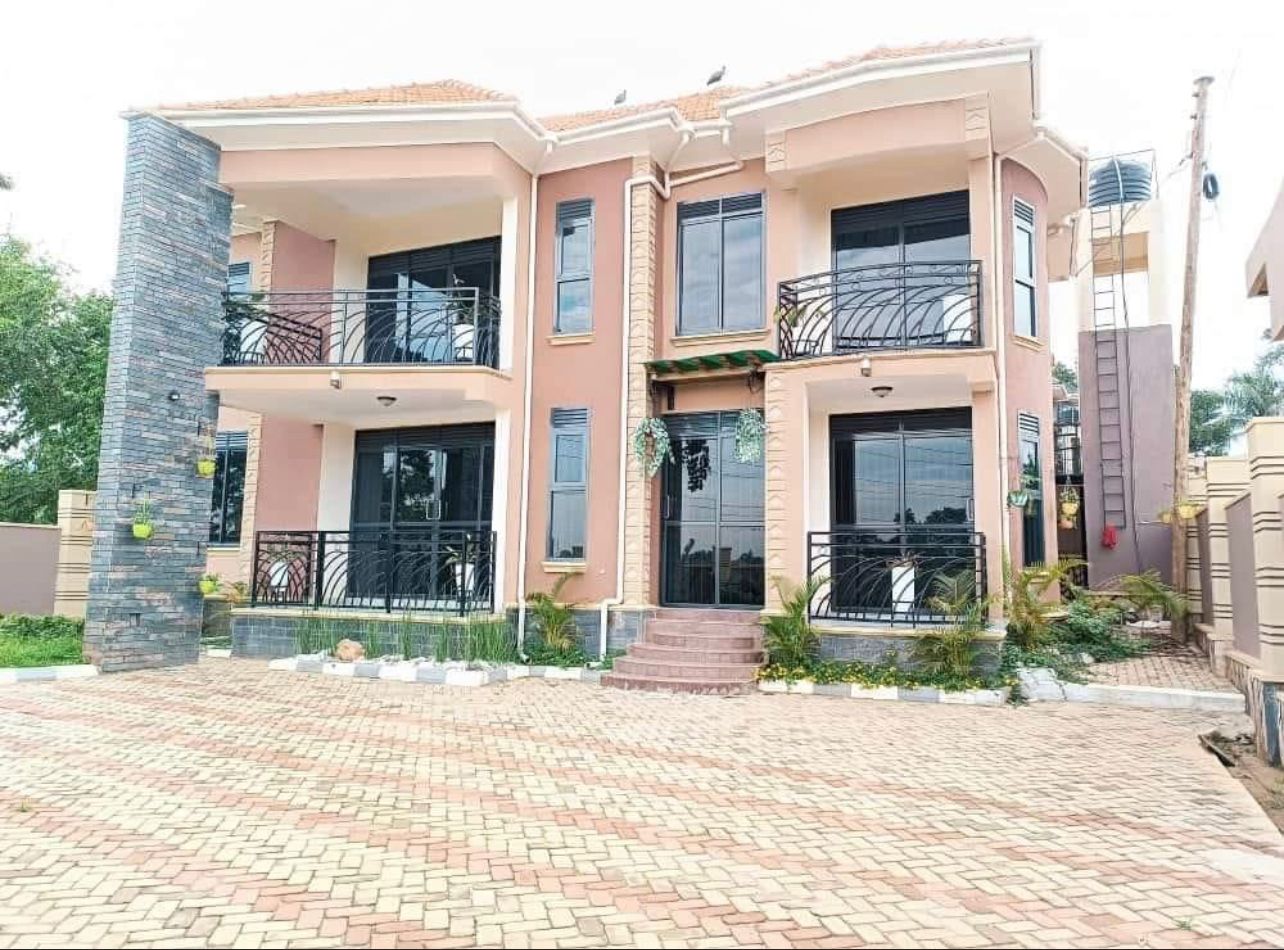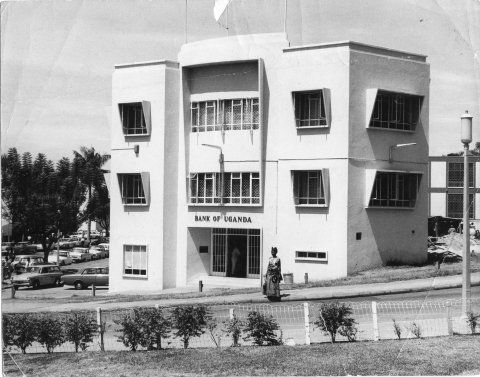The real estate industry in Uganda is grappling with a series of challenges that have left it in dire straits. Commercial banks have found themselves in the unenviable position of selling properties as borrowers in the real estate sector struggle to meet their loan obligations. The reluctance of Ugandans to invest in real estate properties has further compounded the situation, making it increasingly difficult for borrowers in this sector to secure credit. This reluctance has led to a rise in non-performing loans, forcing commercial banks to tighten their lending criteria for real estate, construction, and mortgage projects.
The Bank of Uganda’s fourth-quarter bank lending survey, released in September 2023, sheds light on the financial predicament. While commercial banks have made it more challenging to process loans for the real estate sector, they have eased lending conditions for other economic sectors. This move is driven by a fear of increased loan defaults, a consequence of recent legislative actions that have left the banking sector wary of potential suspension of international organization funding for certain NGOs. The abrupt suspension of 54 civil society organizations’ operations in 2021, combined with the closure of the UN High Commissioner for Human Rights and the Democratic Governance Facility, has had a ripple effect, leading to job losses and, subsequently, mounting non-performing loans.
The real estate sector’s challenges are further exacerbated by low property rates and declining occupancy levels, as indicated by the Bank of Uganda’s survey. The high-end borrowers in commercial real estate are dwindling, and stringent conditions for real estate and mortgage acquisition have become a norm.
Several commercial banks have been compelled to sell properties whose owners could not meet their loan obligations, incurring additional costs to hire property auctioning companies. As a result, Uganda’s commercial banks have seen an increase in non-performing loans (NPLs) to total gross loans, from 5.32 percent in June 2022 to 5.36 percent in June 2023. Although gross loans and advances to the private sector have increased, there is a growing trend of bad loans among tier one financial institutions.
The consequences of this economic downturn in the real estate sector are far-reaching. Uganda faces a severe housing deficit of at least 2.4 million housing units, and the tightening of real estate borrowing only exacerbates the problem. Real estate agencies have mushroomed to fill the housing gap, but their heavy reliance on commercial banks for funding means that the sector’s performance is inextricably linked to the banking industry’s stability.
The combination of an economy grappling with slowing growth, high inflation, and increased government borrowing has had a domino effect on Uganda’s real estate market. The rising cost of living has made it difficult for tenants to occupy properties, leaving homes vacant and many tenants sharing cramped spaces due to an inability to pay high rents.
The real estate industry has also been criticized for relying on funds that are not part of the real economy, allowing property owners to build high-end homes in a country where most of the population has limited disposable income. Offshore borrowing, with its enticingly low interest rates, has become a common practice among real estate developers.
Furthermore, occupiers are negotiating for discounts and taking advantage of the growing supply of space, which is exerting downward pressure on rental rates. Uganda’s landlords are working to reduce property and rental rates to maximize their returns, as they currently pay property and rental taxes to the Uganda Revenue Authority (URA) and local governments.
The real estate crisis has led to the auction of numerous buildings, with at least 750 being sold in the last three months as banks attempt to recover defaulted loans. As the economic challenges persist, the demand for housing increases, but potential homeowners are grappling with the high cost of living and are unable to invest in real estate.




















